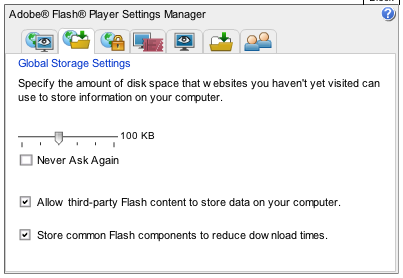Level Platforms has partnered with a company called Ninite to provide prebuilt installers for many non-Microsoft utilities and applications. These include Java, Adobe Reader, and Adobe Flash. With the new scripting features in Level Platforms MW2011 we should be able use the packages provided by Ninite to centrally manage updates to these applications. If you want to try Ninite, they provide free installers packages that are completely functional, but with some restrictions for enterprise automation.

- Products
- Services
- About
- Resources
